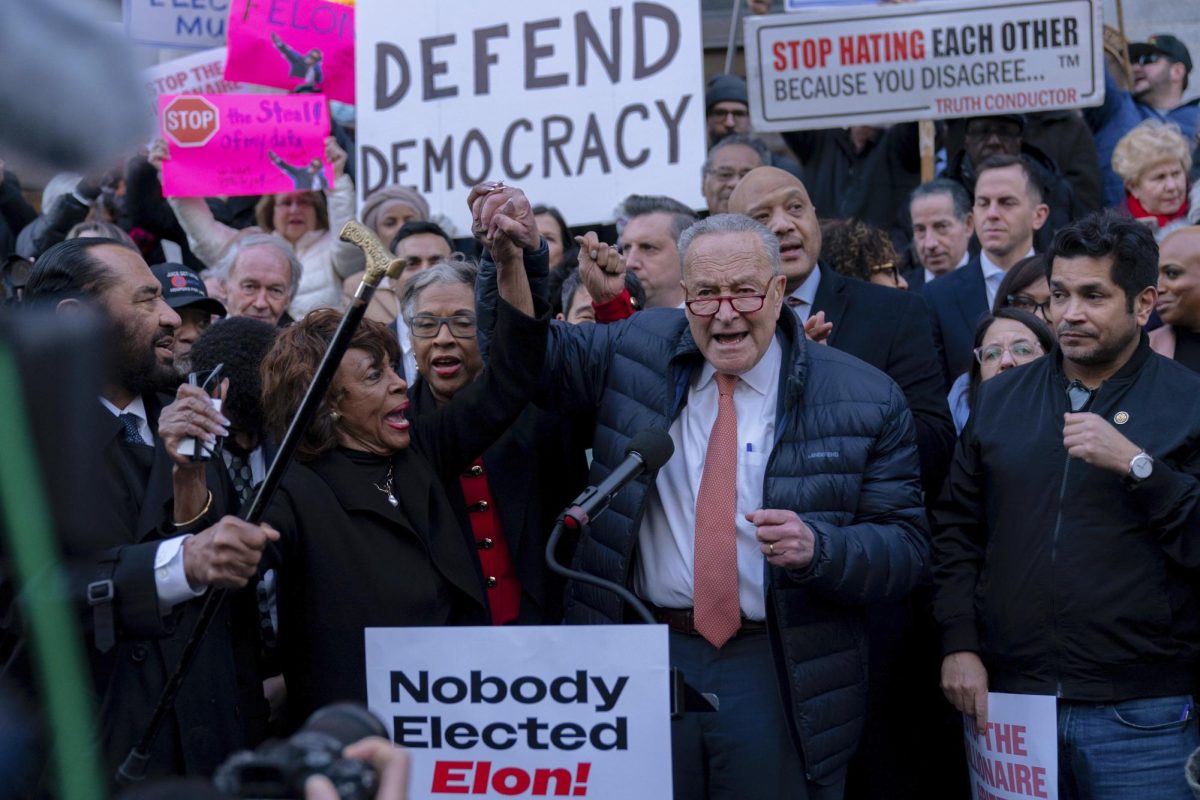Gov. Pritzker Warns of Nightmare Scenario’ Budget Cuts in Absence of Federal Funds
September 18, 2020
As a result of lost revenue from the COVID-19 pandemic, Illinois Gov. J.B. Pritzker plans for massive budget cuts without federal relief funds.
At the beginning of the budget year, Pritzker signed a $43 billion spending plan that included a hole to be filled by federal aid and borrowing, according to The Chicago Tribune.
This massive hole is a result of losses from the economic recession brought on by the COVID-19 pandemic. The governor’s office estimated that $6.5 billion will be lost in total revenue for this fiscal year and the coming one.
He maintains that the only way to avoid cuts is for the federal government to provide financial relief.
“This is about support for our nation’s economic recovery that only the federal government can provide, just like it did for the corporate sector already,” Pritzker said, according to ABC 7 Chicago.
Federal support is very uncertain, as Congress and the White House have not yet reached an agreement on a coronavirus relief package aimed to support struggling state governments.
Illinois would likely suffer cuts to public safety, education and human services. According to the Chicago Sun Times, thousands of people could be laid off as a result of these cuts.
“I can promise you that for everyone and anyone who got into public service who actually wants to serve the public, this is a nightmare scenario,” Pritzker said.
Cabinet officers were notified to “prepare for the possibility of cuts of at least 5% for the current fiscal year.” This could potentially increase to 10% for the 2022 fiscal year.
All state agencies would receive equivalent budget cuts, preventing disproportionate damage in any areas, so it is likely that Madison County would suffer the same damage to law enforcement and various public services as other regions of the state.
Pritzker also hoped to make up for total revenue losses by proposing a higher, graduated-rate income tax, but this cannot happen until the November election. The tax would make up for a $1.3 billion increase in total revenue.
The state will have to seriously consider the cuts if there is no relief from Washington by the end of the month.











